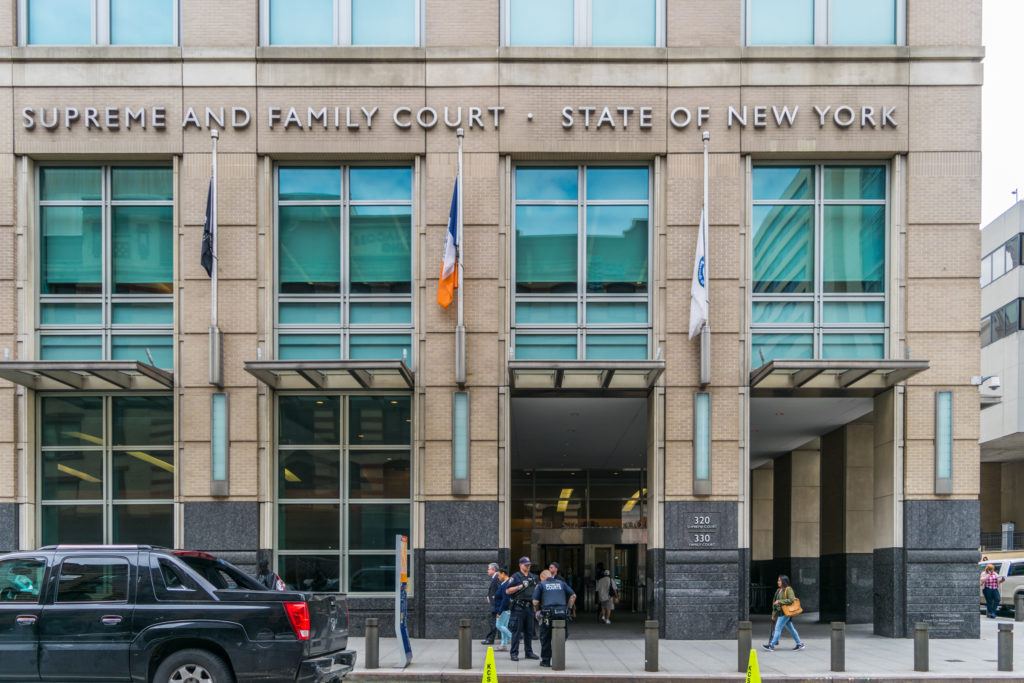Brooklyn judges want to ensure that children who are arrested get lawyers

Photo: Rob Abruzzese/Eagle
“Children need the security of an attorney present who can protect their rights and ensure that their statements are reliable and are not being made only for the purpose of relieving them from a frightening situation,” wrote Kings County Family Court Judge Judith Waksberg.
In addition to Judge Waksberg, other judges from Brooklyn included retired judges Hon. Daniel Turbow, Hon. Ann Elizabeth O’Shea, Hon. Bryanne Hamill, Hon. Emily Olshansky, and Hon. Paul Grosvenor, as well as current sitting judges Hon. Sandra Roper, of the Kings County Civil Court, and Hon. Mark Dillon, who sits in the Appellate Division, Second Department. Judicial Hearing Officer Susan Danoff also was included in writing a letter of support.
The Legal Aid Society has praised these supporters for their advocacy of the bill, which would require that children under 18 consult with an attorney before undergoing police interrogation to ensure their waiver of Miranda rights is fully informed. Additionally, it would mandate that police notify parents before transporting a child to the precinct if they have been taken into custody.